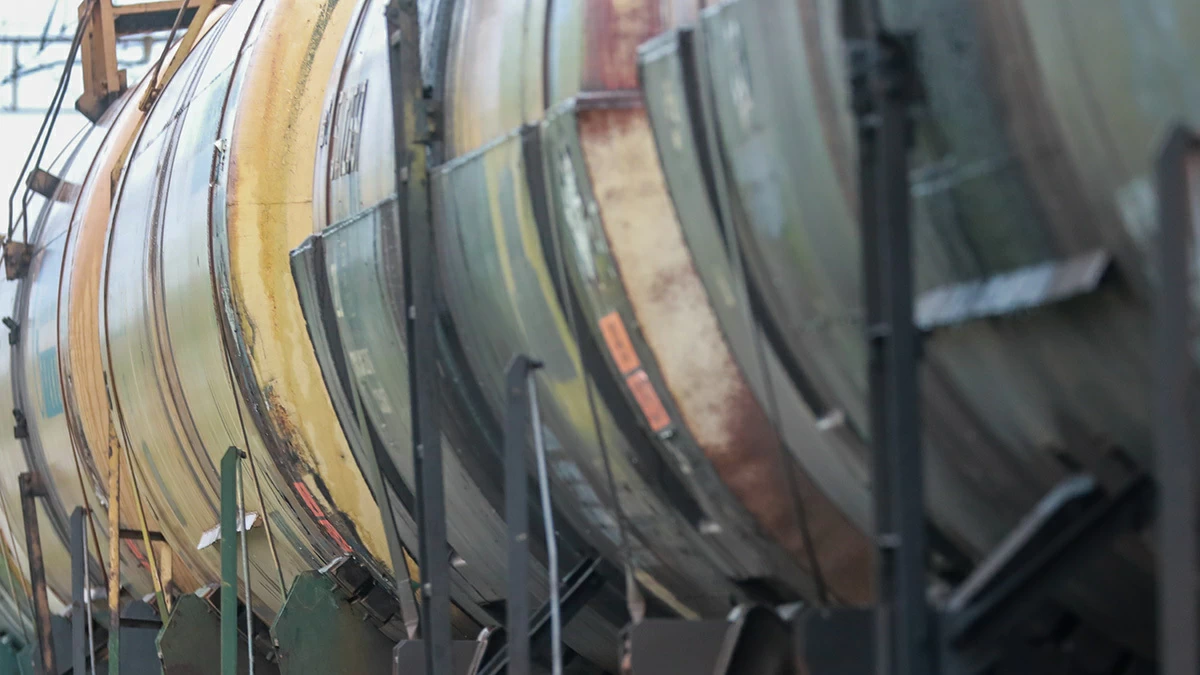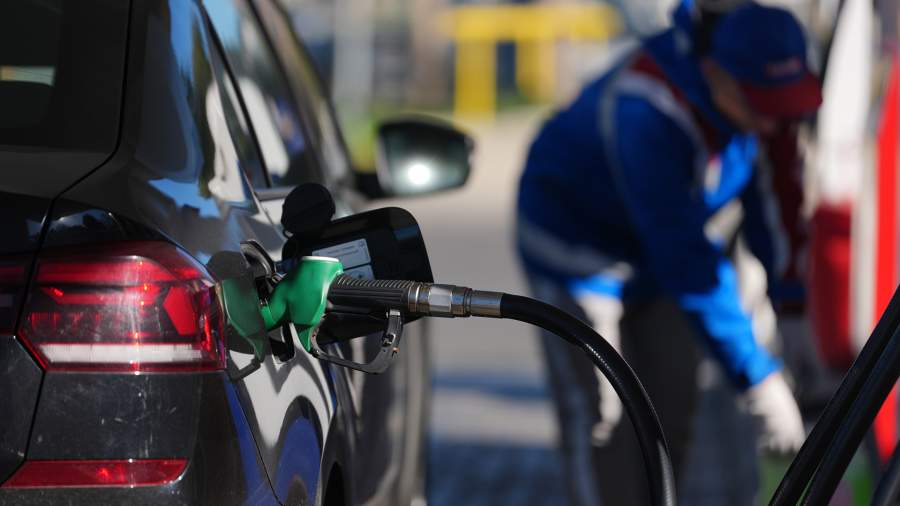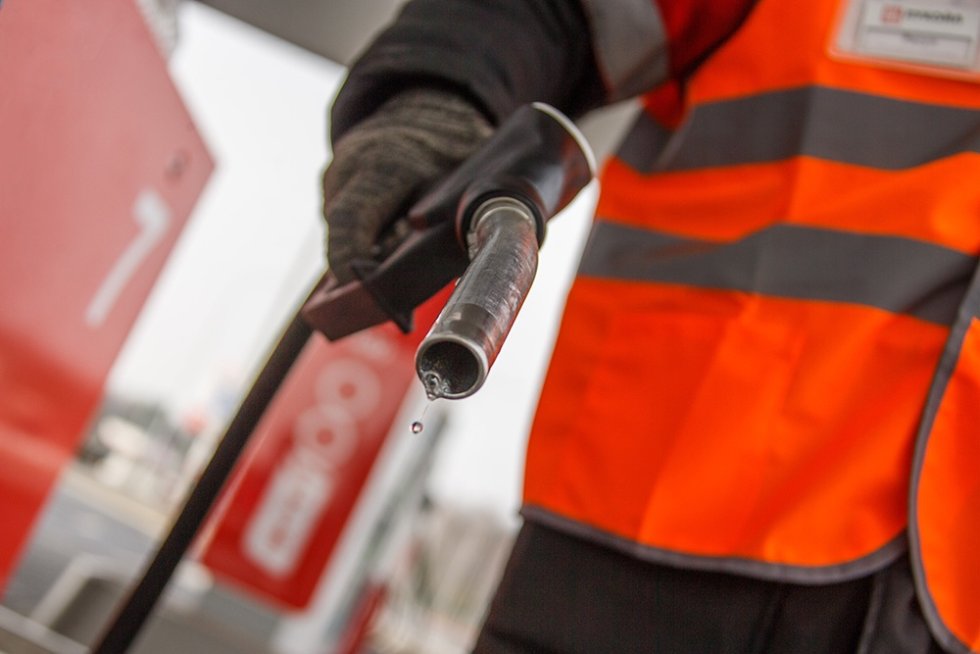What are you looking for:
Expert Comments on Fuel Price Cap Extension
The Russian Ministry of Finance has agreed to raise the threshold for wholesale fuel price deviation from indicative levels by 10 percentage points - to 20% for petrol and 30% for diesel fuel, previously reported Deputy Finance Minister Alexei Sazanov. Relevant amendments to the Tax Code are expected to be adopted in the autumn. However, the decision on the potential application of this adjustment retroactively from 1 August remains with the government.
"The industry is in a position where regulators cannot ignore the needs of oil companies. Firms will need to invest substantial funds in maintaining the infrastructure of refineries, including through damper subsidies and revenues from fuel sales. Therefore, the decision to modify the damper limits is justified, albeit it carries risks for the retail market," he stated.
According to Tereshkin, such risks are inevitable under current conditions. Moreover, increasing the limits for deviations in exchange prices for petrol and diesel to 20% and 30% respectively will make retail price rises more predictable. In this case, the upper limit for exchange prices for AI-92 petrol will increase from 66,495 roubles to 72,540 roubles per tonne, while the price for diesel will rise from 68,640 roubles to 74,360 roubles per tonne. According to Rosstat data, by 8 September, the cumulative increase in petrol prices reached 7.2%, while inflation since the beginning of the year was 4.03%.
Earlier, Deputy Prime Minister Alexander Novak tasked the Ministry of Energy and the Ministry of Finance to present proposals by 10 September on how to increase the range of deviations for exchange fuel prices from indicative levels retroactively from 1 August. This is so that oil companies could receive budget payouts from the damper in September, as per minutes from the meeting with Novak (available to RIA Novosti).
The damping mechanism was established to curb domestic fuel prices. If the export price of petrol and diesel exceeds the indicative domestic price, the government compensates companies for part of this difference to prevent them from raising prices in Russia. Conversely, if domestic prices are higher than export ones, oil companies "share" part of their profits from domestic sales with the state.
The damper is paid in favour of oil companies only if the export price of fuel surpasses the domestic price. Under the current tax code, if the average exchange price in Russia exceeds the threshold by 10% for petrol and 20% for diesel in a month, the payments are nullified.
According to the St. Petersburg Exchange, the average price for AI-92 according to the territorial index for the European part of Russia in August was 69,339 roubles per tonne, exceeding the level at which the damper is not paid.
Source: PRIME




